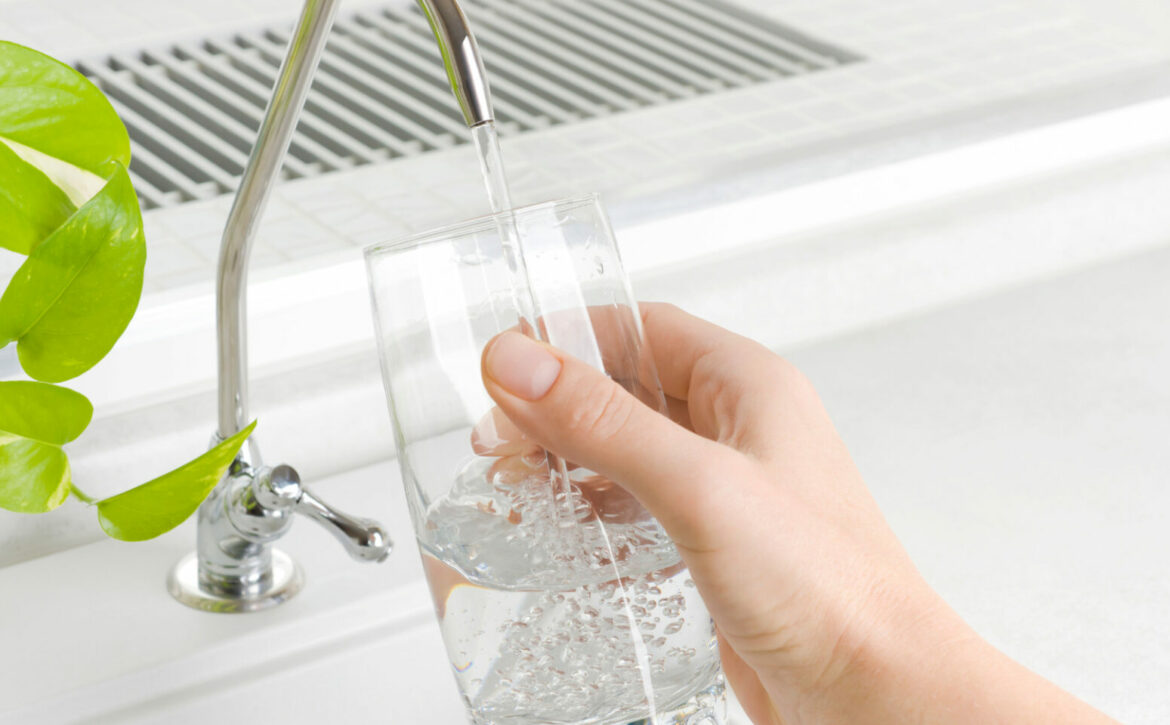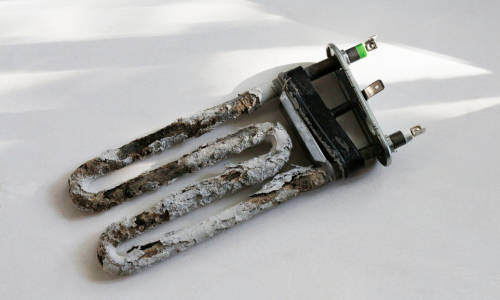The Hard Truth About Hard Water: Do You Really Need to Filter It?
Water is an essential element of life, and its quality plays a crucial role in our well-being. If you’ve ever noticed mineral deposits on bathroom fixtures or struggled with soap not lathering properly, you might be dealing with hard water. But the question remains: Do you really need to filter hard water? In this blog, we’ll dive into the world of hard water, exploring whether filtering is the right choice for you.
Understanding Hard Water: The Basics
Hard water is a term used to describe water with high mineral content, primarily calcium and magnesium ions. These minerals are picked up as water passes through deposits of limestone and chalk, which are rich in these substances. While hard water is generally safe to drink and use, it can create a series of issues that may prompt homeowners to consider filtration.
The Impact of Hard Water
- Appliance Lifespan: One of the most notable impacts of hard water is its effect on appliances. As a result, when hard water is heated, it can lead to the formation of mineral deposits, commonly referred to as “scale.” Over time, this scale can accumulate in pipes, water heaters, and other appliances, reducing their efficiency and potentially shortening their lifespan.
- Reduced Soap Effectiveness: Hard water reacts with soap to form soap scum, which can be a hassle to clean and can leave a residue on your skin and hair. This means you may need more soap or detergent to achieve the same cleaning effect, resulting in increased costs over time.
- Lathering Issues: Whether it’s washing your hands, doing laundry, or taking a shower, hard water can make it difficult for soap to lather effectively. This can leave you feeling less clean and cause frustration as you attempt to get rid of soap residue.
- Staining and Spots: Hard water can leave behind mineral stains on dishes, glassware, and fixtures. Additionally, it can contribute to water spots on shower doors, windows, and car exteriors, requiring more frequent cleaning.
- Skin and Hair Concerns: Some individuals may find that hard water makes their skin feel dry and their hair less manageable. The mineral buildup can interfere with the natural oils present on your skin and scalp.
Potential Solutions for Dealing with Hard Water
- Water Softeners: A popular solution for dealing with hard water is installing a water softener. Water softeners use ion exchange, effectively reducing the mineral content of the water. This can help prevent scale buildup and alleviate many of the issues associated with hard water.
- Water Conditioners: As a great alternative to water softeners, typically water conditioners don’t require any additional maintenance or salt in order to reduce the impact of hard water. They change the way that hard water behaves in your home, ensuring you get the benefits of soft water.
- Filtration Systems: Filtration systems designed specifically for hard water can also be effective. These systems may use various methods, such as reverse osmosis or polyphosphate sequestration, to remove or reduce the minerals responsible for hardness.
- Magnetic or Electronic Devices: Some alternative approaches claim to “soften” water using magnetic or electronic devices. However, the scientific consensus on the effectiveness of these methods is mixed, and they may not provide consistent results.
- Chemical Additives: Certain chemical additives can bind to minerals in hard water, preventing them from causing scale buildup. While these additives can be useful, they need to be replenished regularly.
Do You Really Need to Filter Hard Water?
The decision to filter hard water ultimately depends on the severity of the issues you’re experiencing and your personal preferences. Here are a few factors to consider:
- Impact on Appliances: If you’ve noticed scale buildup in your appliances or have experienced decreased efficiency, a water conditioner could extend the lifespan of your appliances.
- Cleaning Challenges: If you’re tired of scrubbing mineral stains off dishes, fixtures, and shower doors, a filtration system might be worth the investment to simplify your cleaning routine.
- Skin and Hair Concerns: If you or your family members are experiencing skin dryness, irritation, or hair problems, a water conditioner could improve the overall quality of your daily routines.
- Environmental Impact: Consider the environmental impact of using a water softener. These systems discharge brine into the wastewater, which can affect local water ecosystems. Research eco-friendly options such as the Halcyan Water Conditioner, if minimising environmental impact is a concern.
- Budget: Water softeners and filtration systems come with upfront costs, installation fees, and ongoing maintenance expenses. Evaluate your budget and weigh the long-term benefits against the initial investment.
Conclusion
Hard water can cause a range of inconveniences and issues that might prompt you to consider filtration options. Whichever solution you choose, it’s essential to assess the severity of the problems you’re facing, your budget, and your environmental considerations. Ultimately, the choice to filter hard water comes down to your desire for cleaner dishes, longer-lasting appliances, and an improved overall quality of life.
If you’d like to find out more about the Halcyan Water Conditioner, you can explore our Knowledge Centre and find out how it works here. You can call our expert team on 0345 504 0656 for more information on whether you have hard water and how you can benefit from installing a Halcyan.
Why choose Halcyan?
Halcyan Water Conditioners is a British company based in Bristol and our alloy-based solution to hard water is unique to the UK. Our alloy-based Water Conditioner is an eco-friendly, people-friendly solution to hard water! If you’re looking for ways to improve the efficiency of your home, get in touch with us to see how our Halcyan Water Conditioner can help. With our 30 Year Warranty, you can enjoy the benefits of your investment for many years to come!
Learn More



